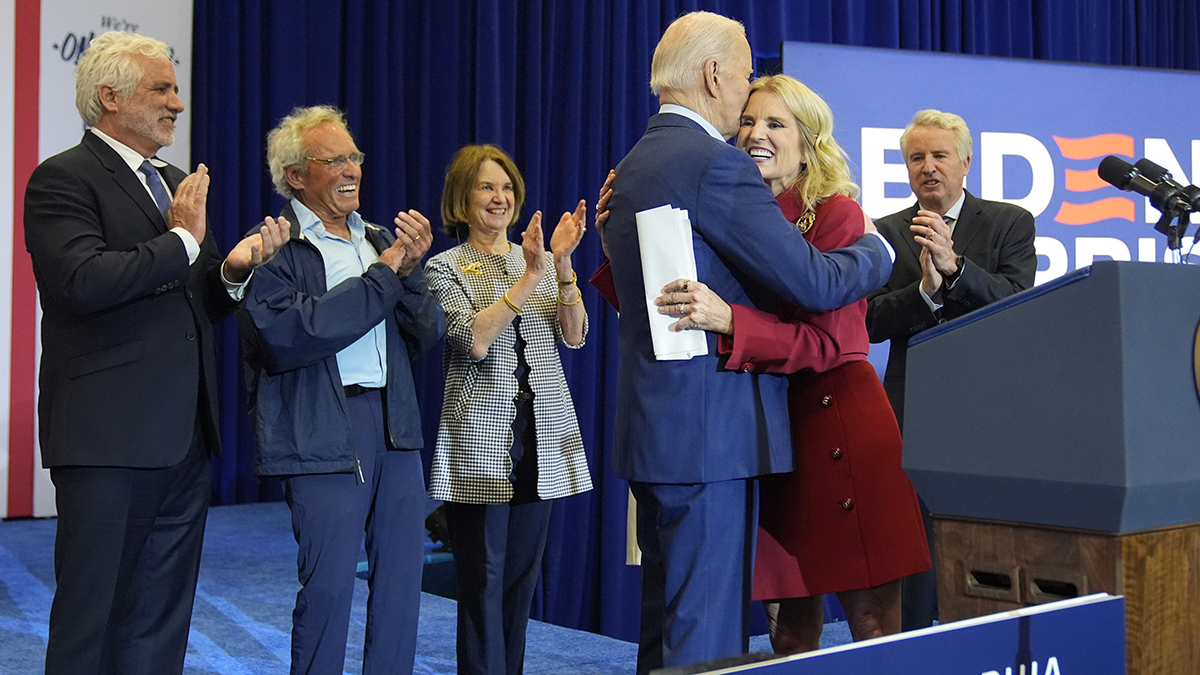Change is in the air for Illinois politics. The only question is: How much?
With the apparent election of Bruce Rauner to the governor’s mansion, Republicans have won the state’s top job for the first time in more than a decade. Rauner campaigned on a platform of change, using as his campaign slogan the need to “Shake Up Springfield”. But now that he’s going to actually run the state, the question becomes how Rauner looks to govern as the state’s chief executive.
It’s no small question, especially since Rauner spent more than a year on the campaign trail specifically avoiding key questions about his platform and stance on a wide range of issues. From abortion, gay marriage and marijuana legalization to issues surrounding pension reform, job growth and the state’s income tax level, Rauner often presented little more than a blank state for voters to fill in as they wished.
Nevertheless, there are some issues we can reasonably predict will be at the top of Rauner’s agenda in the weeks and months to come. These include:
Pension reform. It didn't get a lot of attention during the campaign, but Rauner made a significant portion of his wealth managing pension funds nationwide as chairman of GTCR LLC, Chicago’s second-largest private equity firm. As in other states, Illinois is facing an ongoing pension reform battle over the state’s a $100 billion shortfall in its five state-run pension plans and a $56 billion funding hole for government-worker retiree health-care benefits. At the same time, Chicago has its own pension problems, with a number of funds running $42 billion in the red. With Democrats like House Speaker Mike Madigan, Senate President John Cullerton and Mayor Rahm Emanuel—all of whom have shown a willingness to cut pension benefits to fix the problem instead of preserving the existing system—Rauner may have more allies than enemies when it comes to exactly how the pension problems are to be resolved.
Look for Rauner, who has said repeatedly said he wants “a new pension structure” to replace the current system, to argue that a clean break is needed between existing pension funds and new retirees be created. That means, for a longtime private equity guy who managed billions in public pensions, a shift to “defined contribution plans”, such as a 401(k)-like system run by financial services firms is likely to be on the table.
Jobs and economic growth. Rauner and other statewide Republicans have long argued that Illinois’ lag in job growth and poor economic performance is due in large part to over-regulation of businesses on the part of Democrats. Yet, even as he made jobs and economic growth a centerpiece of his campaign, Rauner has been surprisingly light on exactly how he expects to “get the state moving again.”
Politics
In July, the Rauner campaign release a jobs and economic plan known as the “Bring Back Blueprint.” Heavy on rhetoric and light on actual policy prescriptions, the plan relied on reducing the state’s current income tax rate, freezing property taxes and “reducing regulatory burdens” to jump-start the state’s economy.
So far, all Rauner and his team have specifically proposed are budget cuts totaling roughly $1 billion, including $500 million in unspecified procurement reforms another $250 million from stricter verification of eligibility for Medicaid. He’s also proposed the state’s corporate tax break program, known as EDGE.
What Rauner hasn't done is propose any specific help for small businesses, say, or talk about funding state job training programs or educational initiatives to boost entrepreneurship. He also hasn’t moved beyond symbolic gestures when it comes to addressing chronic unemployment in the state’s urban areas, such as Chicago.
Look for Rauner to point to easing regulation on business and corporations to be the initial centerpiece of his economic agenda, along with promises of trickle-down benefits from easing the state’s tax burden on businesses and individuals alike. He’s also likely to argue cutting government spending will boost the private sector, creating jobs and growth.
Taxes. Can Illinois afford to drop the individual income tax rate from 5 percent to 3.75 percent without blowing a hole in the state budget? That's the billion dollar question facing Rauner the moment he takes the oath of office.
In 2010, Governor Quinn signed a bill temporarily increasing the Illinois’ income tax rate to help reduce the state’s budget deficit. In 2014, Quinn campaign on making the hike permanent, while Rauner said he wanted it repealed.
Democrats in the state legislature, such as Senate President Cullerton, have already signaled that they’re not going to lift a finger to help Rauner navigate the difference between dumping the increase and finding ways to pay the state’s bills.
If Rauner wants to cut the state’s income tax rate, he’ll have to pay the political costs for cutting the state budget. If he wants to keep the increase intact, he’s going to have to suffer for going back on his word.
All in all, it’ll make for an interesting first few weeks in office for the Winnetka businessman just handed the keys to political office for the first time.



